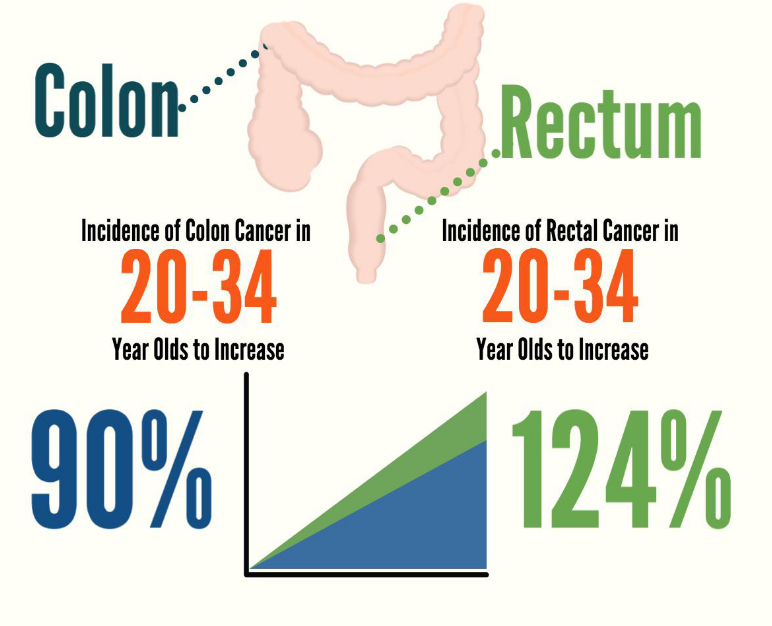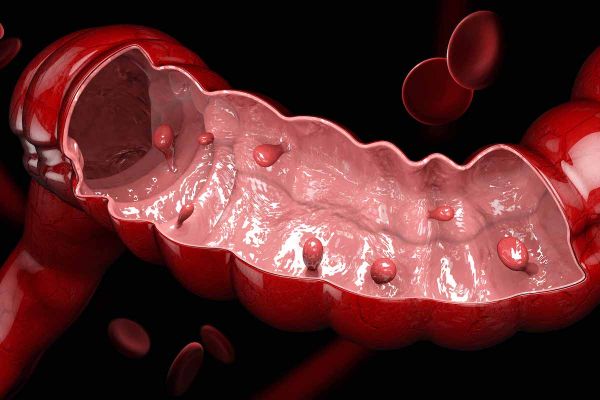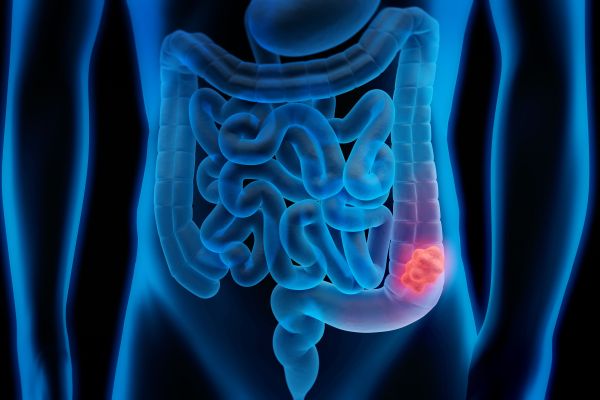1. You're not too young for colorectal cancer
While 90% of colorectal cancer diagnoses occur in those ages 50 and older, colorectal cancer is increasing among young people under 50. The rise is significant enough that national guidelines now recommend colorectal screening begin by age 45 for those at average risk; younger if you have a family history or other risk factors. Unfortunately, because these "young onset" cancers are usually discovered at a later stage, colorectal cancer deaths among younger people are rising as well.
2. Colorectal cancer among younger people will continue to rise
Studies estimate that by 2030, colon cancer rates in 20- to 34-year-olds will increase by 90% and rectal cancer rates will rise by more than 124%. The reason behind this growth is unclear, says medical oncologist Deepak Vadehra, DO, who specializes in treating young adult patients with colorectal cancer at Roswell Park Comprehensive Cancer Center.
“There are a lot of interesting theories and it’s likely a combination of factors, including diet, especially diets high in red meat and processed foods, sedentary lifestyles, differences in metabolism and gut microbiome. Younger people with colorectal cancer have a different gut microbiome.” Dr. Vadehra's research also focuses on young onset colorectal cancer.
3. Know the symptoms; don't ignore them
Pay attention to any changes that in your body that may be a symptom of colorectal cancer. If a symptom persists for more than a few weeks, it’s time to get checked out. These symptoms include:
- Blood in your stool, or bleeding from your bottom
- Changes in your bowel habits — for example, diarrhea or constipation
- Changes in the caliber of your stool — for example, if it becomes pencil-thin
- Unexplained weight loss
- Unexplained anemia
- Dark stool (black)
- Abdominal discomfort, such as pain or cramping
- A lump in your abdomen
- The sensation that you need to have a bowel movement, even after you had one
- Weakness or feelings of tiredness
“The most common thing I hear from younger patients is they thought the bleeding was due to hemorrhoids, and that’s what delayed their diagnosis,” says Dr. Vadehra. “You don’t want to guess that it’s hemorrhoids, you need to know for sure, and that takes a colonoscopy, a flexible sigmoidoscopy or at the very least an exam by a gastrointestinal specialist.”
4. You need to know your family history
Having a first-degree relative (parent, sibling, child) with colon or rectal cancer significantly increases your risk of developing the disease — and it changes when you need to begin screening. “A first degree relative with colon or rectal cancer means that you need to begin your own screening 10 years earlier than the age they were diagnosed. If a family member was diagnosed at age 50, you need to start by age 40, and possibly younger if other risk factors are involved, such as multiple cancers in the family or a genetic syndrome.” Other risk factors include a personal history of colorectal polyps, Crohn’s disease, ulcerative colitis, Lynch syndrome and other genetic mutations.
Our Young Onset Colorectal Cancer Program
We understand that facing cancer at a younger age poses challenges that are not experienced by older adults — our team of experts will help you through.
5. Healthy eating and behaviors matter
Maintaining a healthy weight through exercise and a balanced diet is key. Focus on whole grains, high-fiber foods, fruits and vegetables. Limit your red meat intake and alcohol consumption. And, of course, don’t smoke or use any form of tobacco!




